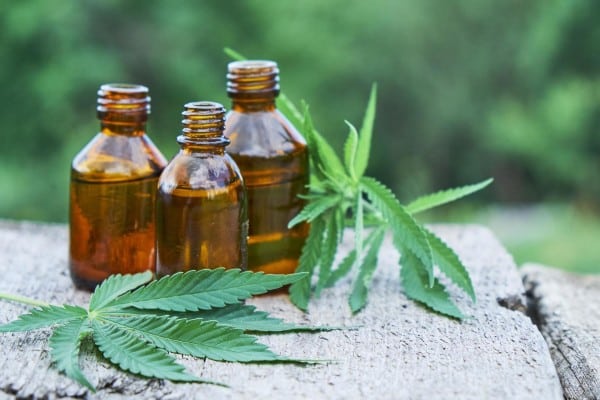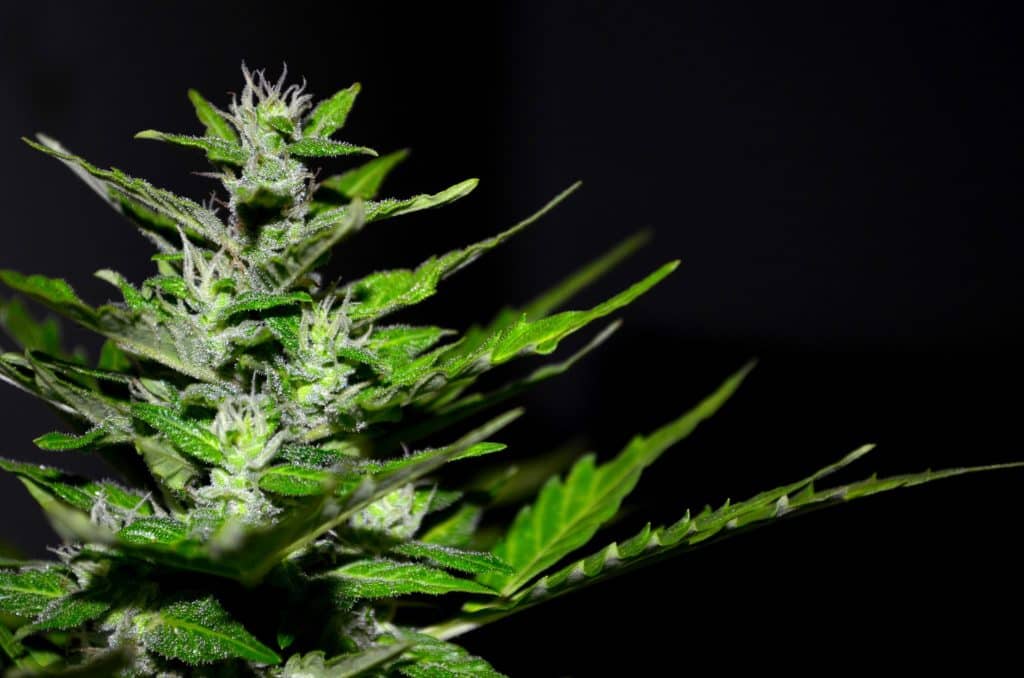
Benefits of using CBD
Cannabidiol, commonly known as CBD, has been featured as newsworthy across the globe recently as there seems to be a lot of evidence building up confirming that it is a wonderful and natural healing compound found in the cannabis sativa plant.
For the most part of the last 100 years, cannabis has been an illegal plant to use and cultivate. Previous to these dark years cannabis was widely used for its industrial, nutritional and medicinal properties. In fact, it was first documented by the Chinese in their book of Pharmacopoeia around 3000BC as a very important plant that treats gout and pain. Previous to the Marijuana Tax Act of 1937, cannabis medicine was easily available over the counter in the United States before its banning.
With the fairly recent relaxation and even legalization of cannabis laws happening in many countries worldwide, researchers are finally able to investigate the plant that is known to have thousands of uses. Most importantly cannabis has the potential to be used as a treatment for many conditions and diseases. Patients have often had to break the laws to access to consume cannabis but today more than half of all states in America have allowed adults safe access to medical marijuana.
As mentioned before, cannabis has reportedly been used to treat common diseases such as AIDS/HIV, cancer, diabetes, PTSD, arthritis, depression, glaucoma, asthma and many more. One may ask how does cannabis work so well for humans and the medical conditions we face in our lives.
Changing Attitudes
Recently the US Food and Drug Administration ( FDA ) approved the use of a CBD based medicine called Epidiolex . This CBD medicine is used in the treatment of chronic epilepsy conditions such as Dravet Syndrome and reduces the seizures in patients suffering from sometimes hundreds of seizures a day. This is a giant leap forward, especially since cannabis is still listed as a Schedule 1 drug with no medical properties and potential for abuse.
Cannabis contains compounds known as cannabinoids. Two of the major cannabinoids found in cannabis are THC (Tetrahydrocannabinol) and CBD (Cannabidiol). Both cannabinoids have been reported to have many medicinal properties such as being anti-inflammatory, analgesic and a neuro-protectant. However, the reason cannabis remained so popular, even throughout the “War on drugs” is because it is an excellent natural, non-toxic and non-addictive plant that can be used for pain management.

Pain Relief
Many diseases side effects are usually associated with pain of some sort, whether it’s a headache, migraine or joint and back pain, cannabis has for long been used to suppress these feelings. Cannabis is excellent for pain management due to the way it connects to our bodies endocannabinoid system, or ECS. The ECS is made up our immune and nervous systems which contains many tiny receptors that bind to cannabinoids found within the cannabis sativa plant. Since the discovery of these receptors, namely CB1 and CB2, it has been established that cannabinoids play an important function in the regulatory system of the human body. Our bodies produce natural cannabinoids known as endocannabinoids and the delivery of cannabinoids enhances the regulatory effect of our own internal production of endocannabinoids. Anandamide is known as the “bliss molecule” due to its role in producing feelings of happiness. Cannabinoids such as THC and CBD, naturally found in cannabis are a supplement to the body’s production of anandamide. CBD is a natural anti-inflammatory and works hand-in-hand with the ECS to prevent inflammations.
“Cannabinoids are potent anti-inflammatory agents and they exert their effects through induction of apoptosis, inhibition of cell proliferation, suppression of cytokine production and induction of T-regulatory cells (Tregs). “ Source
Anxiety and Depression
Neurological disorders affect millions of people each year and cannabis has been seen to have many promising effects on patients using it for treatment of depression, anxiety and even PTSD. It is commonly known that the use of cannabis has helped people relax and reduce stress, anecdotal evidence also points out that cannabis has many mental health benefits.
“I get so many calls from colleagues asking what to tell patients who use cannabis to help deal with an alcohol dependency or depression or a bad back.” Zach Walsh, a psychology professor at the University of British Columbia
CBD Oil for Addiction
Many studies have shown that cannabis may be very helpful for people suffering with an addiction, research has suggested that cannabis may help people ween off alcohol and opioid-based medicines. The “substitution effect” of addictive opioid-based medicines with cannabis could be a new positive path forward. Cannabis has been proven to be far less harmful to society than opioid-based medications also. In states where medical marijuana has been legalized, there has been a 25% reduction in opioid overdoses. With the “opioid epidemic” currently sweeping the United States, cannabis is showing to have a positive impact on legal cannabis states.
CBD Oil for Skin Conditions
ECS receptors are found throughout our bodies, including in our skin. This is why cannabis topical treatments such as balms, salves, tinctures, creams and sprays are having a positive impact on people suffering from skin conditions such as acne, eczema and even diseases such as arthritis. Topical treatments containing CBD go to work immediately when applied to the skin. It also has a long-lasting effect on the area and can be used as a pain treatment for hours if a quality CBD topical is used.
Are There Any Side Effects to CBD Oil?
The theory of cannabis being the gateway to harder drugs has been disproved many years ago, and today people are seeing cannabis as the gateway out of drugs ironically. Abuse of anything can be detrimental to one’s health. CBD can be abused too but the side effects of CBD are not severe and people that overdose may experience dry mouth, dizziness, nausea and even diarrhea. In most cases, these side effects seem far less severe when compared to opioid-based medicines that lead to addiction and further side effects when used in high dosages and for the long-term.
Author Bio: This guest post is from For the Ageless, a UK based supplement retailer.




